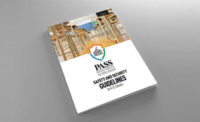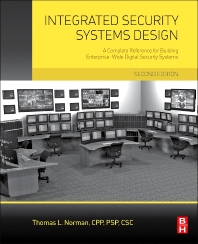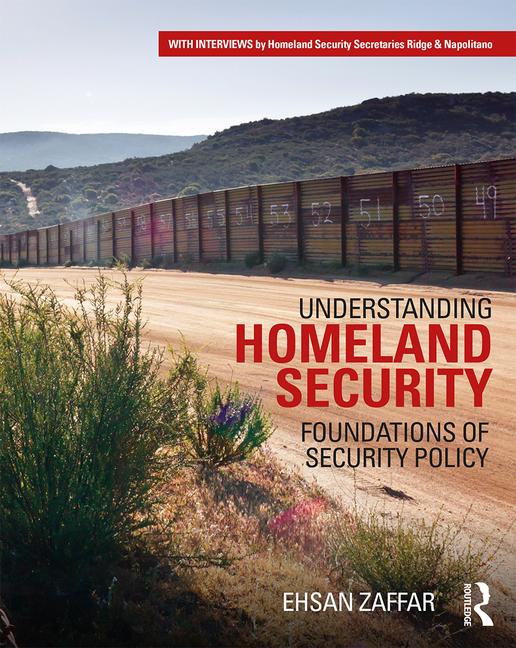The Partner Alliance for Safer Schools (PASS) released its K-12 security guidelines at ISC West on April 16 at the Sands Convention Center in Las Vegas.
PASS is a volunteer alliance among the Security Industry Association (SIA), the National Systems Contractors Association (NSCA) and industry professionals. The PASS K-12 team was formed for a singular purpose — to provide school administrators, school boards, public safety and security professionals with guidelines for a tiered approach to securing schools. These guidelines are the first of their kind in the education industry.
Scott Lord of Kansas City, Mo.-based All Systems, and PASS steering committee director, likens the effort to enhance school security to the move decades ago to establish fire prevention, alarm and suppression standards for schools.
“It’s been over 50 years since a child has died in a fire in a school. NFPA codes have been so effective that a school fire really isn’t something that students, staff or parents worry about. We need to get school security to the same place,” Lord said.
School budgets are so tight that funding is difficult to pull together for a threat that, in reality, has a statistically low probability. It is not that schools don’t take the threat seriously. They do. It is simply that money used to secure a school is money taken from budgets needed to educate students. The pool of funds is small and getting smaller. Given these challenges, many schools choose to simply ignore the problem.
PASS K-12 realizes that not every school system has the financial resources to invest in security enhancements, yet they face daily pressures to ensure that students are protected. A guide, such as PASS K-12, can provide administrators with a way to measure their compliance with specific industry standards.
“PASS is all about best practices,” said Brett St. Pierre, PASS chairman. “Providing analysis and factual data to help our members make smart and informed decisions about the technology best-suited for each situation is a large part of what we do.”
Learn more about PASS and sign up for access to its tiered guidelines, based on risks and resources, online at http://www.passk12.org.
PASS Launches Campaign for the Adoption of School Security Guidelines






